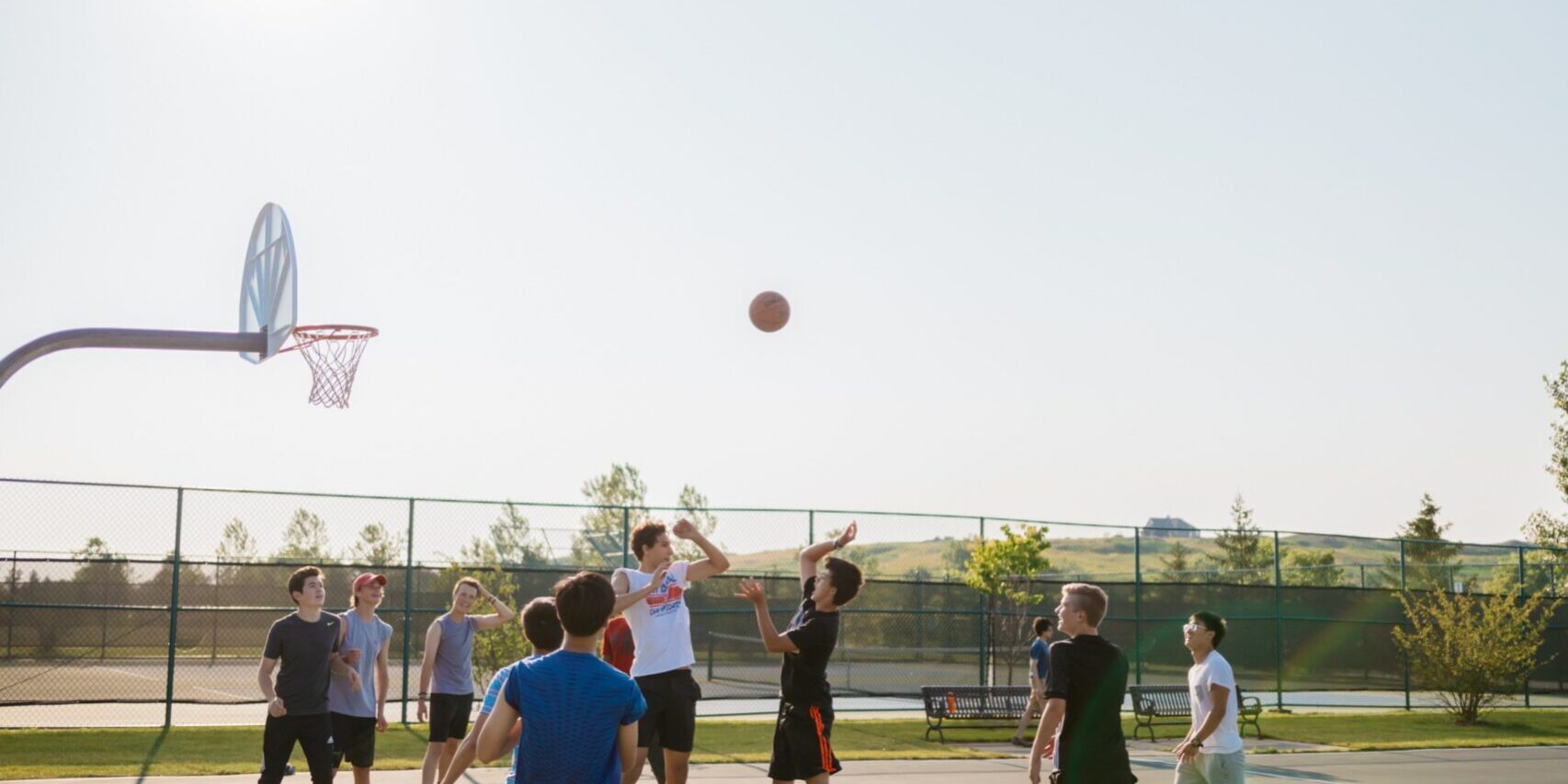Summer school is a great way to build interpersonal social practices and advance academically in various topics. In addition, getting a student out of their comfort zone in the world of education can be a great way to encourage confidence and the exploration of new subjects and areas of life that they might not have previously been exposed to. Learn more about the vast benefits of Summer Schools here.
What are the best tips for choosing a summer school?
When choosing a Summer School, picking a subject, course age group and location are three key things to consider. Our Director of UK Operations at Gabbitas, Natallia Patsaluyonak, notes 5 key things that should be taken into account when choosing a Summer school:
1. Picking a subject
Decide why the student is considering Summer School; do they want to make more friends? Are they interested in exploring different countries and cultures? To learn about a specific topic or to practice their language learning skills? These questions are vital in choosing the right subject, school, and type of programme most suited to their needs.
Other than choosing a subject or topic to study, it is also essential to consider the programme type. For example, is the student interested in broadening their academic ability overall, or are they interested in choosing a course that gives them comprehensive knowledge on a specific topic? If studying a language course, identify whether they are a beginner, conversational or fluent.
When it comes to subjects, the list is endless: Digital Animation, Coding, Humanities, Future Medicine, Cultural Studies, International Business Law, Entrepreneurship, International Relations, Mind and Body Yoga, Intensive English, Engineering, Fine Art, and so many more.
To the same degree, the interest of the student’s chosen subject also needs pairing with the institution and tutors’ approach/ teaching style. Compatibility between the course syllabus and the teaching style will ensure that the student is fully engaged, interested and, most importantly, has an excellent learning experience.
2. Course Age Groups
Summer schools can start as early as six years old and up until eighteen. There are also courses for over eighteen-year-olds, generally found at universities.
Summer schools divide their courses based on age, similar to traditional schools, for the same reasons. Ensuring the syllabus, teaching methods and level of academic knowledge are compatible with the student’s attained academic ability will help gain the best educational experience. Age-specific group courses also help students fully immerse in the classroom, as students usually prefer to be included in a similar group in life stage and academic ability.

3. Research the location
Going to summer school in a desired location, such as Oxford, Milan, or Shanghai, can be the deciding factor in choosing the right program based on the student’s desires. Yet the place might also be the most difficult decision you or the student will have to make, due to distance, and for what many students maybe their first time travelling alone. With that in mind, it is vital to research the grounds of the school where they will be staying, as this is an integral part of the course’s overall experience.
In addition, consider the students’ use of English – does the USA or the United Kingdom suit them more? If the student wishes to study in the country in the future, Summer School will often be their first impression. Oxford is a historic city, steeped in academic excellence. London is a vibrant, cosmopolitan metropolis, with a vast variety of academic institutions. A company to consider that runs summer schools in well renowned institutions in these locations is Oxford Summer Courses.
4. Accommodation
On-site residential accommodation will help with a student’s immersion into the course, not just in terms of staying within the school grounds, but often as a way to build closer relationships and social interactions with peers. Students will typically be offered catered accommodation, included in rate, whilst older students can be given the option of self-catered. Depending on the level of independence they desire, these options are essential to consider in ensuring students have a good experience.
5. Research the teaching staff
Looking up the tutor, teacher, lecturers or specialists delivering the courses should also be a factor to consider. To get the most out of Summer Schools, check for esteemed guests, academic qualifications, and the Summer School’s approach to teaching. Knowing all these might be the difference between a good and a great course.
If you are studying a language, you must check for tutor qualifications to ensure accredited educators teach the course with recognised qualifications for language teaching. Make sure you read through all the course material on the relevant website and email ahead to ask the administration team for any further clarifications or questions. They would be happy to help.
A bonus tip below is:
6. Contact a Consultant
The decision-making process can be confusing and arduous, given the sheer number of courses and everything else that must be considered. Consultants are a great way to narrow down information and options by working specifically with the needs and desires of students – making sure they apply to the best possible schools.
If you are still unsure about Summer Schools or do not know where to start, contact one of our expert consultants with years of experience in independent education by emailing info@gabbitas.com or alternatively call +44 203 026 7443.



